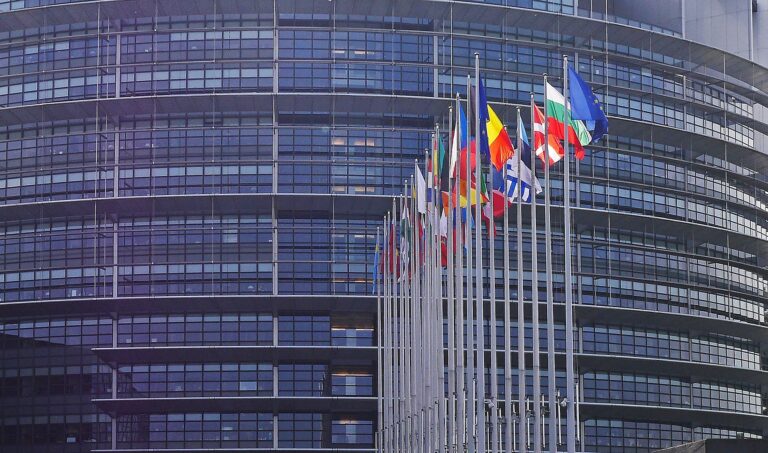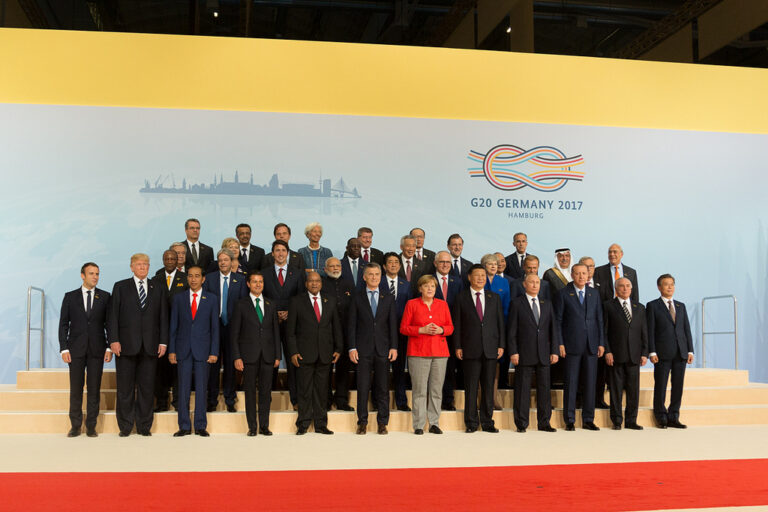
The FTT on the brink of failure
This newsletter has regularly reported on negotiations over the Financial Transaction Tax (FTT). During this time, the tax had been declared dead by vested interests nearly every three months. The campaign against the FTT, fuelled by the finance industry and plenty of fake news, has been a kind of psychological warfare against the project that could be found in the pages of the Financial Times, Les Échos and Handelsblatt.
article by Peter Wahl
In contrast, this newsletter has always been able to deliver reliable sources from insiders within the negotiations and a sober analysis of the configuration of interests, while providing a realistic assessment of what had really happened. In fact, the negotiations reached a decision point last spring. Austria, which has been coordinating the process, presented a paper in which the cornerstones of the tax design had been agreed upon, including by the Hollande government. Although it contained some unpleasant concessions, the project was still acceptable for civil society.
Then Emmanuel Macron, the investment banker, arrived and went on to become the French president. For the first time, it is realistic to say that the FTT is on the brink of failure. Immediately after Macron’s victory in the presidential elections, his finance minister asked for a suspension of the negotiations in order to “become acquainted with the matter.” At the same time, the French government introduced a whole range of measures to make Paris attractive to those financial sectors of the City of London that will want to move to the continent due to the Brexit. There is ruthless competition between Frankfurt and Paris over what are considered the fattest pieces of the prey.
Macron made things definitively clear in a speech at the Sorbonne(opens in new window) in September, which was framed by his spin doctors as “visionary”. His vision for the FTT is to wipe away the compromise prepared by Austria and to simply take over the British Stamp Duty. This is a tax on the sale of shares of British firms. The FTT under negotiation, however, also catches derivatives. Derivatives trade accounts for more than 90% of the turnover from all financial instruments in France, Germany and Italy, i.e. in the three major economies participating in the . But derivatives trade is not only the lion’s share in quantitative terms, it also brings a greater risk to financial stability than shares. Moreover, the FTT will tax both buyer and seller of shares and derivatives. Finally, it will tax not only instruments coming from the home jurisdiction of the FTT, but also foreign instruments if they are traded in the ten member countries introducing the FTT. In other words, compared to the present project under negotiation, a Stamp Duty-like result would make the FTT a toothless paper tiger.
In light of the overall crises in the EU, it is very improbable that the new governments in Vienna and Berlin will enter into conflict with Macron over the FTT. If an FTT is agreed to at all, it seems that we’ll get a bonsai-FTT, watered down to the size of the Stamp Duty.
This would be a heavy defeat for civil society and all the others who had hoped that substantial measures to regulate casino-capitalism would be possible after the 2008 crash.
Do you need more information?
-

Jasper van Teeffelen
Researcher
Partners
Related content
-
 New mandates for EU supervisors: more financial integration and handling future challengesPosted in category:News
New mandates for EU supervisors: more financial integration and handling future challengesPosted in category:News Myriam Vander StichelePublished on:
Myriam Vander StichelePublished on: -
 Old G20 privatisation wine in new Argentinean bottlesPosted in category:NewsMarkus Henn, WEEDPublished on:
Old G20 privatisation wine in new Argentinean bottlesPosted in category:NewsMarkus Henn, WEEDPublished on: -
 Update financial reforms: roll-back at full steamPosted in category:NewsMarkus Henn, WEEDPublished on:
Update financial reforms: roll-back at full steamPosted in category:NewsMarkus Henn, WEEDPublished on:

